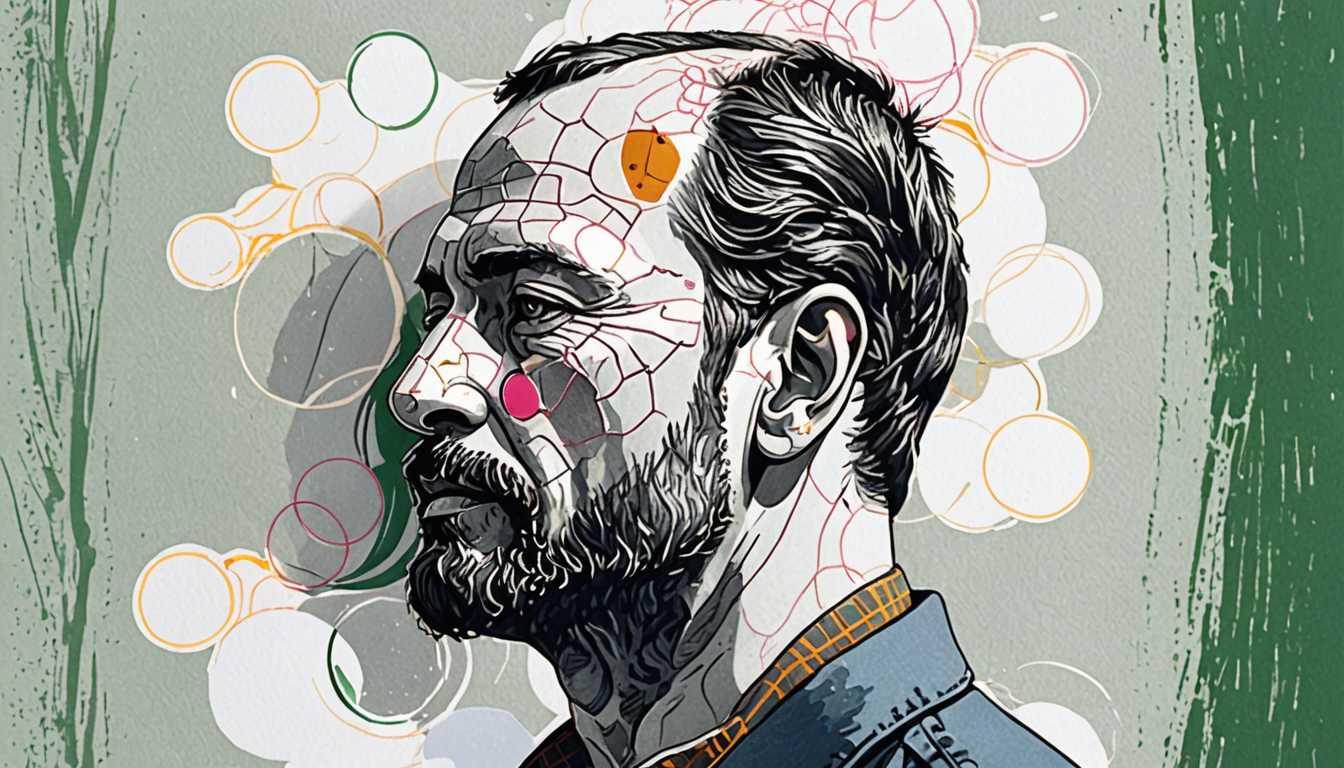AI: Learning from Past Tech Fails
May 2023
JSTOR Daily
Introduction
Dive into the digital dilemma with JSTOR Daily's eye-opening piece, We Got Social Media Wrong. Can We Get AI Right? This article unpacks the rollercoaster of social media's rise, its unforeseen impacts, and parallels with the burgeoning field of AI. With a mix of regret and hope, it explores how we can learn from past tech blunders to navigate the AI wave smarter and more ethically. It's a must-read for anyone intrigued by the intersection of technology, society, and the future. Spoiler alert: it's complicated, but fascinating!
READ FULL ARTICLEWhy It Matters
Discover how this topic shapes your world and future
Navigating the AI Labyrinth
Imagine standing at the edge of a vast digital landscape, where every step forward could lead you to a treasure trove of knowledge or a pitfall of misinformation. This is the world of Artificial Intelligence (AI), a realm where machines can generate content, answer questions, and even mimic human creativity. The rise of AI, much like the advent of social media, brings with it incredible possibilities for innovation, connection, and learning. However, it also presents challenges and risks that echo the past mistakes of social media—misinformation, dehumanization, and manipulation. For you, the digital natives, understanding the implications of AI is not just about keeping up with technology; it's about shaping a future where technology enhances humanity rather than undermines it. This topic matters because it's about your future—the skills you'll need, the jobs you'll have, and the society you'll live in. It's about making sure that as we step into this new digital horizon, we carry with us the lessons from the past to build a smarter, kinder, and more equitable world.
Speak like a Scholar
Generative AI
Machines that use large amounts of data to create new content, such as text, images, and code, mimicking human creativity.
Algorithms
Sets of rules or instructions followed by computers to perform tasks or solve problems. They can decide what content you see online based on your behavior.
Disinformation
False information spread deliberately to deceive people. Unlike misinformation, which can be spread without intent to deceive.
Bias
Prejudice in favor of or against one thing, person, or group compared with another, often in a way considered to be unfair. In AI, bias can occur when the data used to train AI systems reflects these prejudices.
Regulation
The act of controlling something through rules or laws. For AI, regulation could help manage risks and ensure ethical use.
Digital Literacy
The ability to find, evaluate, and communicate information through digital platforms. It's becoming essential in navigating the AI-driven world.
Independent Research Ideas
The Ethics of AI-generated Content
Investigate the moral implications of using AI to create art, music, and literature. What does it mean for human creativity?
AI and Mental Health
Explore how AI technologies can impact our mental well-being, both positively and negatively. Consider AI's role in social media, therapy apps, and personal assistants.
The Role of Bias in AI Decision Making
Examine how bias can be embedded in AI algorithms and the consequences it has on society, such as in job application screenings or loan approvals.
AI in Environmental Conservation
Discover how AI is being used to tackle environmental challenges, such as climate change predictions, wildlife conservation, and sustainable agriculture.
Digital Literacy in the Age of AI
Investigate the importance of digital literacy in empowering users against AI manipulation and misinformation. How can education systems adapt to prepare students?
Related Articles

Are You a Real Human? Find Out!
September 2024
MIT Technology Review

AI: Repeating History or Rewriting It?
March 2024
MIT Technology Review

Mastering Misinformation: Your Digital Defense
May 2024
MIT News

AI's Global Brain Game
March 2024
MIT Technology Review

Rethinking AI Ethics for Kids
March 2024
University of Oxford